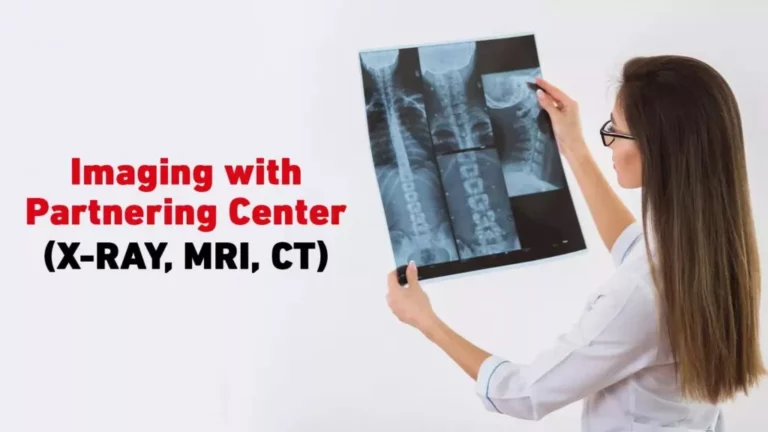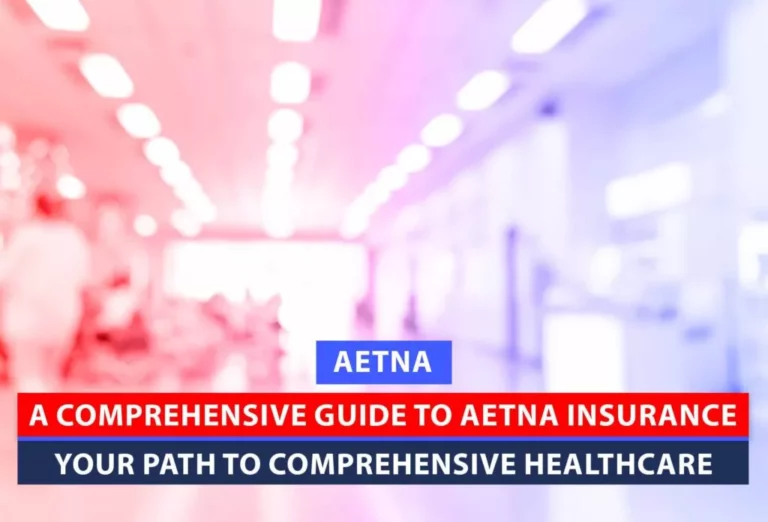Medicare Insurance is a fundamental government-sponsored health insurance program in the United States, catering primarily to individuals aged 65 or older. Additionally, it extends coverage to specific younger individuals with disabilities or particular medical conditions. At NovaMed Urgent Care, we understand the importance of comprehensive healthcare, and aligning Medicare Insurance in Illinois benefits with our services is essential. In this guide, we delve into the intricacies of Medicare, answering crucial questions: What is Medicare Insurance? How does it function? Who qualifies for it? And how can one enroll in the program?
What is Medicare Insurance?
Medicare is a federal health insurance program designed to provide coverage for individuals who meet specific eligibility criteria. The program is administered by the Centers for Medicare & Medicaid Services (CMS), a federal agency. It’s essential to distinguish Medicare from Medicaid, which is another government program providing health coverage for individuals and families with limited income and resources.
Medicare is divided into several parts, each covering different aspects of healthcare services. These parts are:
- Part A (Hospital Insurance): This facet aligns with our commitment to providing exceptional care during inpatient hospital stays, skilled nursing facility care, hospice care, and certain home health services.
- Part B (Medical Insurance): Our approach to outpatient care, doctor visits, preventive services, and specific home health services resonates with the coverage provided under Part B.
- Part C (Medicare Advantage): Emphasizing a private insurance plan combining Part A and Part B coverage, NovaMed Urgent Care advocates for comprehensive healthcare, often extending to dental and vision coverage.
- Part D (Prescription Drug Coverage): We understand the necessity of providing assistance with prescription drug costs, aligning with the support offered through Part D.

How Does Medicare Insurance Work?
Medicare operates as a fee-for-service program, meaning healthcare providers are reimbursed for each service provided to a Medicare Insurance beneficiary based on a predetermined fee schedule. The coverage and costs vary depending on the specific part of Medicare in Illinois. Understanding the basics of how Medicare works is crucial to making informed healthcare decisions.
- Payment Structure:
NovaMed Urgent Care accommodates Medicare’s payment structure, ensuring seamless access to urgent and necessary care without compromising on quality. We work diligently to streamline billing and payment processes to minimize any financial burden on our patients.
– Part A is generally premium-free for individuals who have worked and paid Medicare taxes for a certain number of years.
– Part B requires a monthly premium, the cost of which may vary based on income.
– Part C and Part D involve premiums, deductibles, copayments, and coinsurance that vary by plan and can be influenced by the region you reside in.
2. Choice of Healthcare Providers:
– Medicare beneficiaries can choose any healthcare provider that accepts Medicare. This flexibility allows individuals to select doctors, hospitals, and other healthcare providers based on their preferences and needs.
3. Supplemental Insurance:
– Many individuals opt for supplemental insurance, often called Medigap, to help cover the costs that Medicare doesn’t fully cover, such as copayments, coinsurance, and deductibles.
Who Qualifies for Medicare Insurance?
Medicare Insurance eligibility is primarily based on age, with additional criteria for individuals with certain disabilities or medical conditions. At NovaMed Urgent Care, we extend our services to all Medicare-eligible individuals, striving to provide prompt, high-quality care to enhance their well-being.
1. Age-based Eligibility:
– Who are 65 years of age or older and are either citizens or permanent legal residents of the United States are generally eligible for Medicare.
2. Disability-based Eligibility:
– Individuals under 65 with specific disabilities, such as end-stage renal disease (ESRD) or amyotrophic lateral sclerosis (ALS), can also qualify for Medicare.
3. Automatic Enrollment:
– Person who is already receiving Social Security benefits or Railroad Retirement Board (RRB) benefits will be automatically enrolled in Medicare when they turn 65.

How to Enroll in Medicare Insurance in Illinois
The process of enrolling in Medicare can vary depending on your circumstances and preferences. It’s essential to plan and initiate the enrollment process in a timely manner to ensure seamless access to healthcare services.
1. Initial Enrollment Period (IEP):
– This is a seven-month window around your 65th birthday, including the three months before, the month of, and the three months after your 65th birthday. During this period, you can enroll in Medicare Parts A and B.
2. Special Enrollment Period (SEP):
– If you missed your IEP, you can enroll during a Special Enrollment Period without incurring penalties. This can occur if you continue to work and have employer-based insurance.
3. General Enrollment Period (GEP):
– If you missed your IEP and do not qualify for a SEP, you can enroll during the GEP, which runs from January 1 to March 31 each year. Coverage will start on July 1 of that year.
How Can I Save Money on My Medicare Premiums?
Saving on Medicare premiums is achievable with strategic decisions. Firstly, consider income-based savings programs like Medicare Savings Programs and Extra Help, designed for individuals with lower incomes. Secondly, choosing a Medicare Advantage Plan (Part C) with potentially lower or zero monthly premiums can be a cost-effective alternative to traditional Medicare (Part A and Part B). Annual review of Part D coverage helps to select a plan that covers necessary medications at the lowest cost. Enrolling during the Initial Enrollment Period is crucial to avoiding late enrollment penalties. Maintaining a healthy lifestyle and prioritizing preventive care can reduce healthcare costs and, subsequently, premiums. Additionally, utilizing Health Savings Accounts (HSAs) for qualified medical expenses can lead to tax savings. Comparing Medicare Supplement Insurance (Medigap) plans can ensure you have the most suitable coverage at the best premium rates. Leveraging telemedicine services and reevaluating health needs during the Annual Enrollment Period are other effective ways to save on premiums. Lastly, seeking guidance from professionals ensures informed decisions, potentially resulting in substantial savings on Medicare premiums.
Understanding Medicare and its integration with NovaMed Urgent Care’s values and services is essential for individuals approaching the age of eligibility and those caring for eligible beneficiaries. Our collaboration with Medicare ensures a smoother and more accessible healthcare experience. Planning ahead and making informed decisions regarding Medicare coverage can contribute to a healthier and more secure future for all, supported by NovaMed Urgent Care’s commitment to quality healthcare.






